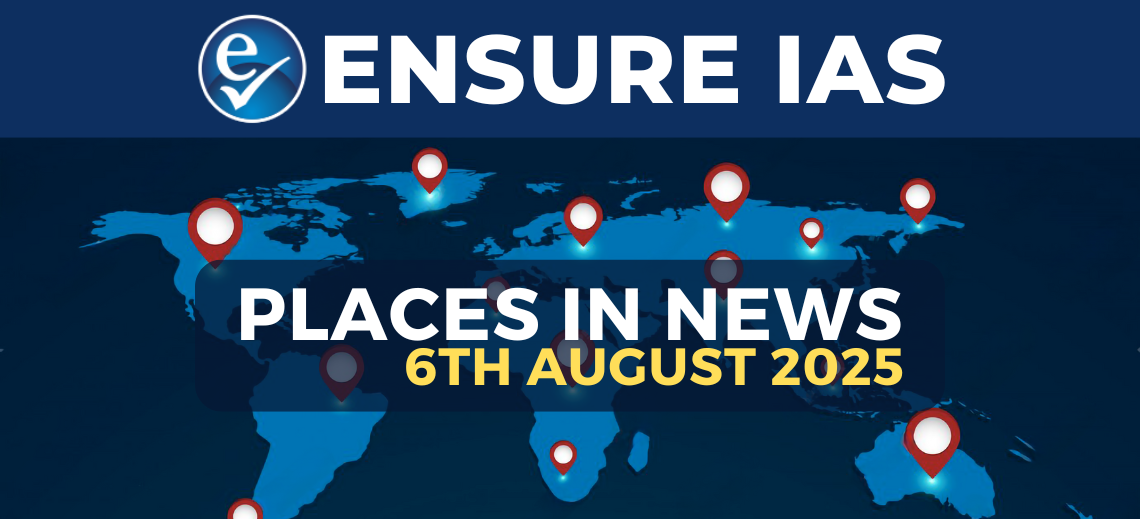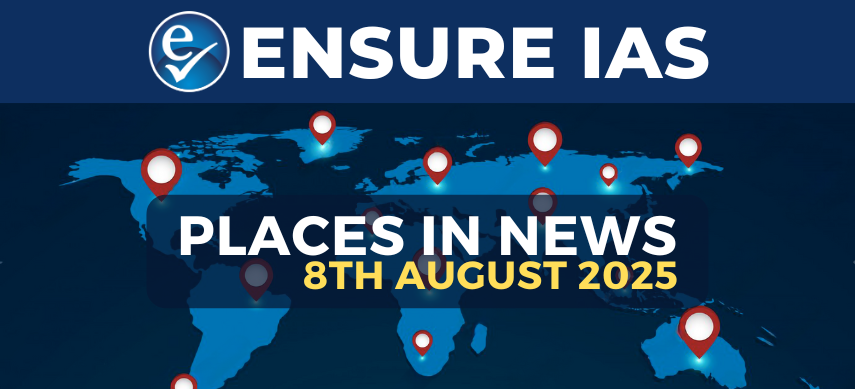One of the most common doubts among UPSC aspirants, especially from non-English backgrounds, is whether poor English can become a barrier to success. The answer is a resounding yes—you can still crack the IAS exam. The Civil Services Examination tests much more than language skills; it is about analytical thinking, decision-making, and conceptual clarity.
UPSC Does Not Test English Fluency
- The UPSC Civil Services Examination is not an English language test. It is not designed to evaluate your fluency, accent, or command over complex vocabulary. What the commission is truly interested in is your ability to comprehend, analyze, and express your ideas in a structured and coherent manner. This means even if your English is basic, you are still very much eligible to succeed.
- In the Prelims, your English reading skills might be useful to understand the questions, but the focus is always on your grasp of facts and analytical ability. The Mains examination, on the other hand, is more about your ability to present balanced arguments, articulate policy issues, and think critically. Many candidates mistakenly assume that flowery language or complex grammar is required. However, the reality is that clarity, brevity, and logic are rewarded more than style.
- Candidates from Hindi and other regional mediums have successfully cleared this exam year after year. They have shown that one does not need a convent education or urban exposure to make it to the top. Even in interviews, the panel appreciates a candidate who communicates clearly and confidently in their chosen language.
- The exam structure itself proves that fluency in English is not a requirement, but clarity of thought is. Hence, aspirants should stop worrying about fluency and start focusing on concept building, logical reasoning, and structured answer writing.
Mains Can Be Written in 22 Scheduled Languages
- UPSC allows aspirants to write their Mains examination in any of the 22 languages listed in the 8th Schedule of the Indian Constitution. This provision empowers candidates from all over the country to appear in the exam using the language they are most comfortable with. It’s a big advantage for those who feel their English is not strong enough for academic writing.
- This means that students from rural or vernacular backgrounds are not forced to switch mediums just to fit into an imagined ideal of English proficiency. Instead, they can focus on mastering concepts in Polity, History, Economy, Ethics, etc., in their mother tongue or native language. They can also write essays, General Studies papers, and Optional subjects in their preferred language.
- Even during the Personality Test (Interview), candidates have the option to choose their language of communication. UPSC facilitates translators if needed and ensures that the panel does not judge you based on language. Many successful IAS officers have taken the interview in Hindi, Marathi, Tamil, and other languages.
- Aspirants should remember that language is just a medium of communication, not a measure of intelligence or competence. The real requirement is understanding the subject matter and being able to express your thoughts in a logical, honest, and structured way.
- So, if your English isn’t strong, don’t panic. Choose a language you’re confident in, read good materials in that language, practice writing, and follow toppers from similar backgrounds. Your success lies in how well you think, not in which language you express those thoughts.
Many Toppers Had Weak English Skills
- The myth that only English-speaking students from elite colleges crack the IAS exam has been thoroughly broken by real success stories. Every year, several candidates with weak English or vernacular backgrounds make it to the final list—and often with top ranks. These aspirants prove that hard work, strategy, and clarity matter more than fluency in English.
- Take, for instance, the stories of toppers who studied in Hindi-medium government schools. Many of them had never spoken fluent English before starting their UPSC preparation. Some even hesitated to read newspapers in English or watch interviews. However, by consistently focusing on conceptual clarity, and not getting bogged down by the language barrier, they cracked the exam.
- The key insight here is that UPSC looks for administrative potential, not communication polish. These toppers focused on understanding issues deeply, writing well-structured answers (even in simple English or Hindi), and presenting clear thoughts during interviews. In fact, some were praised by interview panels for being honest and original in their answers, even though they weren’t fluent.
- These real-life examples are highly motivating. They remind aspirants that the Civil Services are meant for all sections of Indian society, not just the urban elite. So, instead of being afraid of poor English, students should work on building strong foundations in subjects and gradually improve language through practice.
- If others have done it, so can you. Let their journeys guide your mindset and silence your doubts.
What the Exam Actually Tests
One of the most important things to understand about the UPSC exam is that it evaluates thinking ability, not language style. Whether it is in the Preliminary objective questions or the descriptive Mains answers or the Interview, the emphasis is always on your analytical abilities, awareness, ethical judgment, and decision-making capacity.
Let’s break this down:
- In Prelims, the questions test how well you can eliminate wrong options based on logic, understanding of the syllabus, and application of basic concepts.
- In Mains, you are required to answer in essay format, write short analytical answers, solve case studies, and present your arguments in a structured way.
- In the Interview, the board is not interested in your accent or vocabulary. They test your presence of mind, emotional maturity, clarity of opinion, and sense of responsibility.
If you observe the syllabus of GS papers, you’ll realize how diverse and deep the content is: governance, environment, ethics, disaster management, internal security, etc. None of these require ornamental English. What they require is logical analysis, multiple perspectives, and balanced solutions.
Therefore, the candidate who focuses on understanding issues deeply, writing clearly (even in simple language), and speaking with confidence (even if not fluently) stands a better chance. UPSC respects original thinkers. If your content is strong, your expression—however basic—will be appreciated.
The real preparation lies in reading, thinking, and revising—not in polishing your English.
Language Is a Medium, Not a Measure of Intelligence
- There’s a widespread misconception that English proficiency automatically reflects intelligence or merit. In reality, language is merely a tool to convey your thoughts; it is not the thought itself. The UPSC examination, being one of the most intellectually demanding assessments in the country, rightly understands this and offers candidates the freedom to choose their language of expression.
- Many bright minds come from small towns and rural areas where English is not the primary mode of education or conversation. Despite limited exposure, these students often have deep insights into grassroots realities, governance challenges, and developmental issues—which are actually more relevant to the services they aspire to join.
- Candidates should internalize that confidence in one’s ideas is more powerful than fluency in language. Whether you write in Hindi, Telugu, Bengali, or any other language, if your arguments are sharp, examples relevant, and conclusions balanced, your answer will stand out.
- Also, preparation for UPSC is not a one-day affair. Over the months of reading newspapers, watching debates, writing answers, and interacting with mentors, even those with poor English gradually improve. They learn to express themselves better—not through grammar classes but through exposure and persistence.
- So, instead of comparing yourself with fluent English speakers, invest in self-growth. Your originality, your reasoning, and your values will define your answers—not your vocabulary.
Strategy for English Medium Aspirants with Weak English
For students preparing in English medium despite having weak language skills, a focused and structured strategy can make all the difference. Many such aspirants clear the exam with high marks simply because they work smartly on their weaknesses while leveraging their strengths.
Here’s a practical strategy:
- Start with simple English NCERTs – These are written in clear, accessible language and help you build your vocabulary naturally.
- Make a habit of reading editorials – Choose one newspaper like The Hindu or Indian Express. Read the editorial page daily. Highlight new words and phrases.
- Keep a vocabulary journal – Note down 5–10 new words daily with meanings and example sentences.
- Watch English discussions – Channels like Rajya Sabha TV, All India Radio Spotlight, and YouTube lectures help you understand how formal English is spoken.
- Write daily answers – Pick one GS question every day and write an answer. Use simple language but ensure clarity and structure.
- Take feedback – Share your answers with mentors, teachers, or peers who can correct your grammar or suggest better phrasing.
- Use grammar apps like Grammarly – They can help you self-correct and learn progressively.
By following this process for 4–6 months, most students notice remarkable improvement. Remember, you don’t need to become an author—you just need to be clear, concise, and coherent in your expression.
So, be patient and keep at it. Many toppers once struggled with English too. If they can overcome it, so can you.
FAQs: Cracking UPSC with Poor English
Q1. Can I write UPSC in Hindi or my mother tongue?
Yes. UPSC allows writing the Mains exam in any of the 22 official languages.
Q2. Is English compulsory for the interview?
No. You can request an interview in your chosen regional language in the DAF.
Q3. Do English-medium aspirants have an advantage?
Not really. The evaluation is based on content, not English proficiency.
Q4. Can I get a top rank without knowing English?
Absolutely. Many Hindi-medium and regional language candidates rank in the top 100.
Q5. How can I improve my English gradually for UPSC?
Read newspapers, watch debates, maintain a vocabulary diary, and practice writing answers regularly.
Q6. Is English necessary to understand standard books?
Many standard books are available in Hindi and other regional languages too.
Q7. Will poor grammar affect my Mains score?
Not much—unless it affects clarity. Content and logical flow are more important.
Q8. Will the board judge me for not speaking English fluently?
No. They focus on your personality, thought process, and integrity—not your language.





